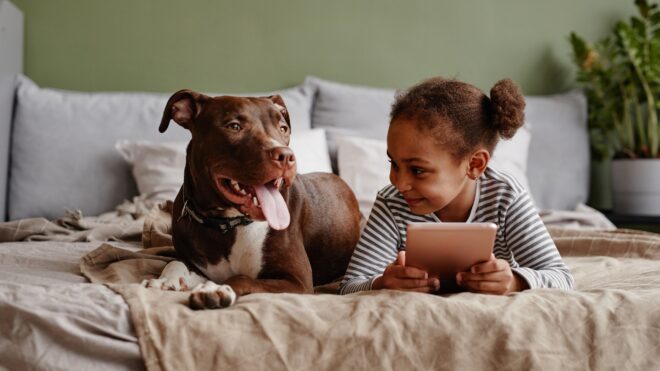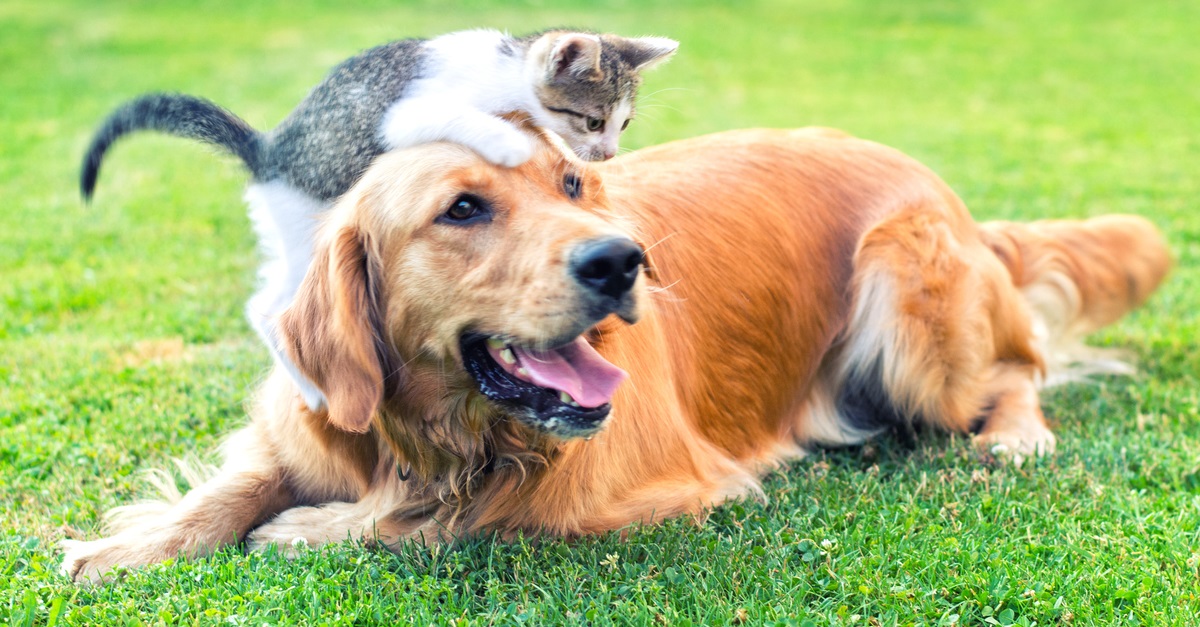
Getting a pet is always a big deal — at least, it should be. Sometimes, animals seem to fall in our laps. For other people, especially those who haven't had dogs or cats before, there's a lot more to prep for when the time comes.
Pets are a lot of responsibility, and a lot of people may not realize the amount of work that goes into pet care. Some parents may be so worn down from the "Can we get a dog?" requests from their children that they give in without doing the research. Others may not realize that different dog breeds have different needs.
That said, pets can bring so much joy to any household. Rescued dogs and cats, especially, will be so happy to have a home where they're safe and secure. So it's important to know everything you can before making the trip to meet them and falling in love. Here are some other things to remember before bringing an animal home.
1. When rescuing, keep a close eye on if the pet has any restrictions.
Some dogs like cats. Some dogs hate cats. Sometimes, a dog gets irritable around a young child, and this may cause issues. When adopting from a shelter, the staff should have some of this information already available, based on what they've observed. Those warnings should be taken seriously, both for the health of your family and the health of your new pet.
Adopting a dog who's not good around kids when you have them is a disaster in the making. You need to respect your new pet's comfort levels as best as you can.
2. Research the breed.
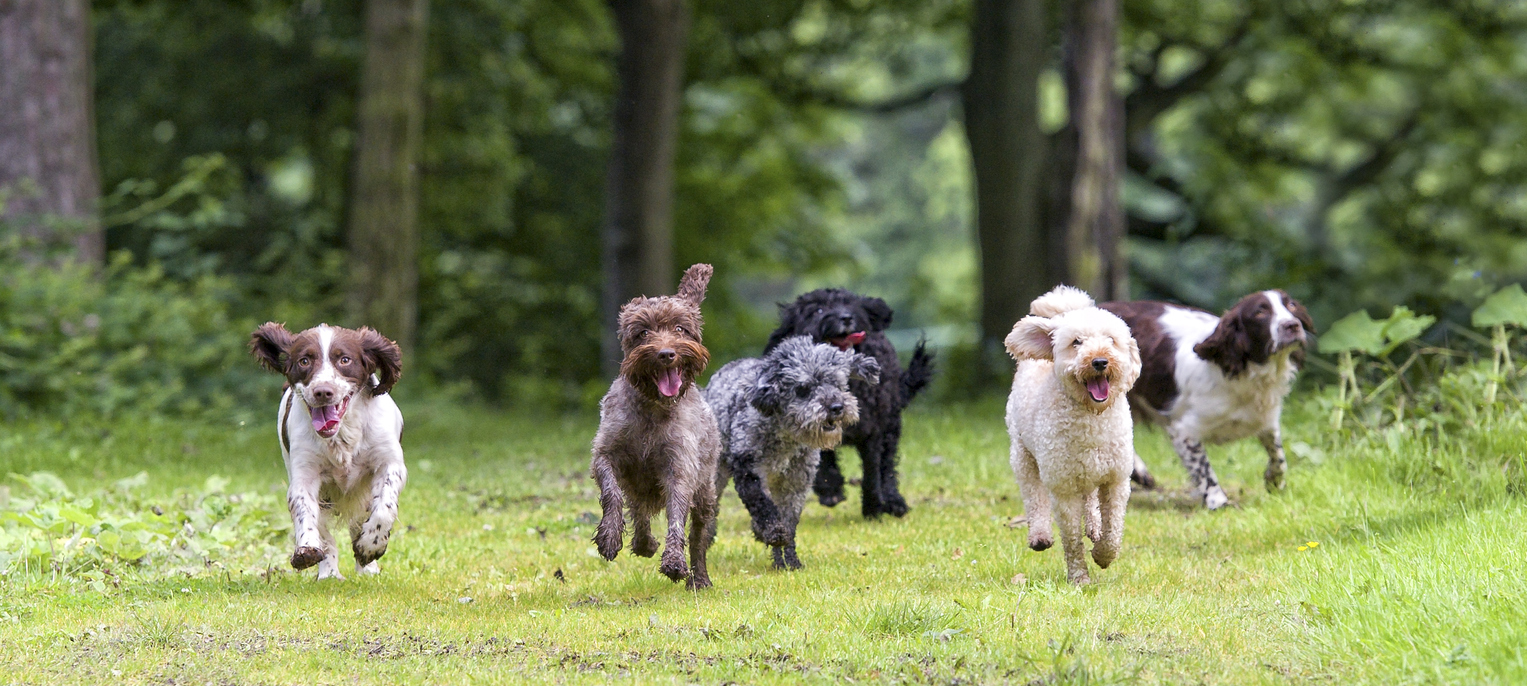
If you're looking for a specific breed, it's important that you understand that breed's needs. For example, a Chihuahua might not be a good fit if you live in an area with a lot of outdoor predators, like coyotes.
Your lifestyles also have to match. If you're looking for a dog who will spend most of his time indoors, don't buy one who needs a ton of activity to thrive.
3. Ask yourself if you really have the time to look after a pet.
Pets need a lot of time and attention. Especially while they are young and, perhaps, still learning potty and crate training. This takes work. Are you able to devote the time to teach them to be happy pets, or is your schedule already bananas?
It's also important not to saddle your young children with all of the responsibility. While they should try their best to learn how to take care of the pet and pitch in, you should know in advance that you'll likely be doing most of the work — especially if your kids are of elementary school age or younger.
4. Their diets are important.
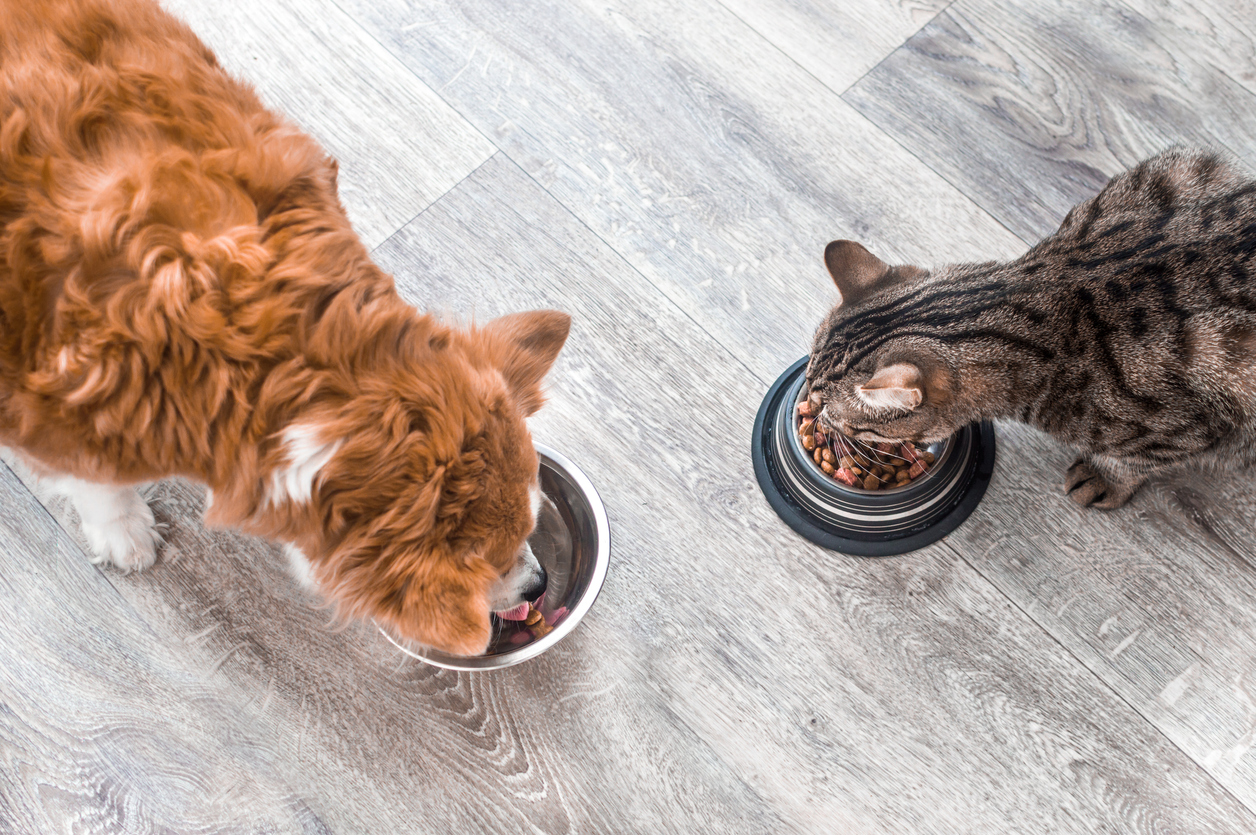
There are plenty of different pet foods out there. Some are more nutritious than others, and a vet will tell you for sure what's the best option for your new pet. However, it's important to realize that sometimes these specific formulas can cost a lot of money. It may seem easy to ignore specific health needs and give them something cheaper, but that might make possible health problems even worse — and more costly — in the future. Your pets depend on you to take care of them, and that means always making sure they have good food and water available. Some pets also require medications, which should never be skipped.
5. Pets can be tough to travel with.
While more and more places are becoming pet-friendly, it can still be tough to bring pets with you on vacation. If you leave them at home, that's another expense. You'll need to pay a pet sitter you trust or leave them in a kennel until you return. While plenty of people have figured out ways to balance both, it's something many new pet owners don't immediately think about.
6. Pets shouldn't be given away if your lifestyle changes.
Pets become members of your family. That means that if you have to move, you should find a pet-friendly place so that your critters can come along with you. Many rentals have restrictions, so it's important to think about what your housing situation may look like in the future. For example, if you think you might move soon to a home you don't own, you might not want to get a large dog. It's not about what you want in the moment, but what you know you can provide for.
7. Pets shouldn't be ignored if a new baby comes around.
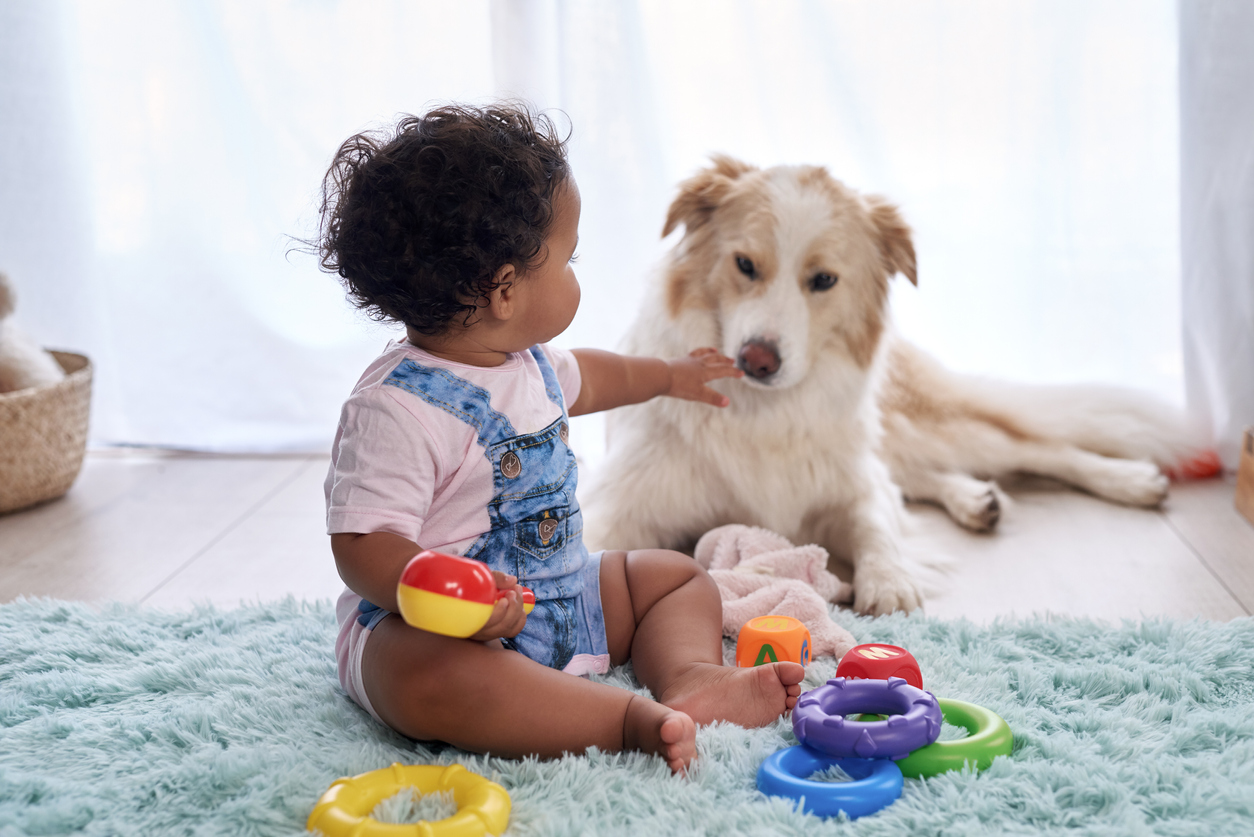
Sometimes, young families choose to get a dog or cat before trying to have kids. Typically, this is a good first step into brand-new responsibilities — it's important to see your partner actively include that new pet into their life. That said, having a new baby in the house can often be stressful for pets who are used to getting all of the attention.
If you choose to have kids, you should think about breeds that are kid-friendly before making the call. You should also make sure that your children know how to properly interact with your dog. Even the friendliest of animals may want to avoid roughhousing and might react in a surprising way. It'll take your pet some time to adjust to the new changes, so you'll want to make sure you do everything you can to make that transition easy on them.
8. Pets deserve your time.

If you're the type of person who thinks a dog will be happiest tied to a tree outside for the majority of the day, you should think twice before welcoming a pet into the house. Bigger pets like cats and dogs require a lot of maintenance. There's feeding, grooming, and spending some quality time with them. Pet happiness is important.
Pet Health Network also links too much time outside to unwanted behaviors that owners may not appreciate. Dogs might learn how to dig and destroy, which they make take inside with them eventually. "Endless barking, destructive digging, chewing of furniture, hoses, sprinklers, and shrubs are some possibilities. Some dogs left outside extensively become aggressive or hostile," the site advises.



